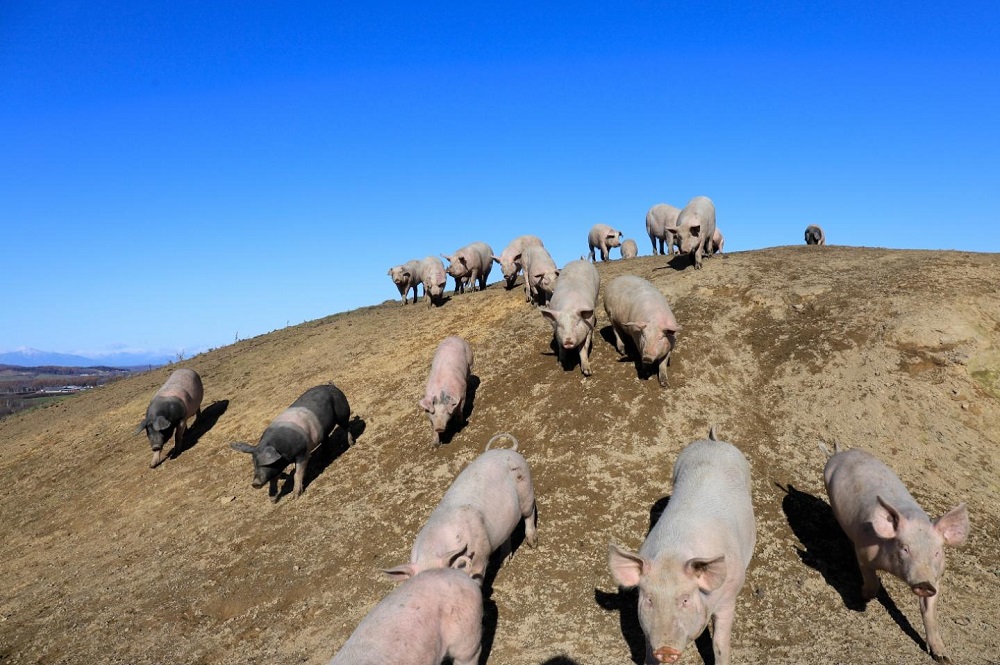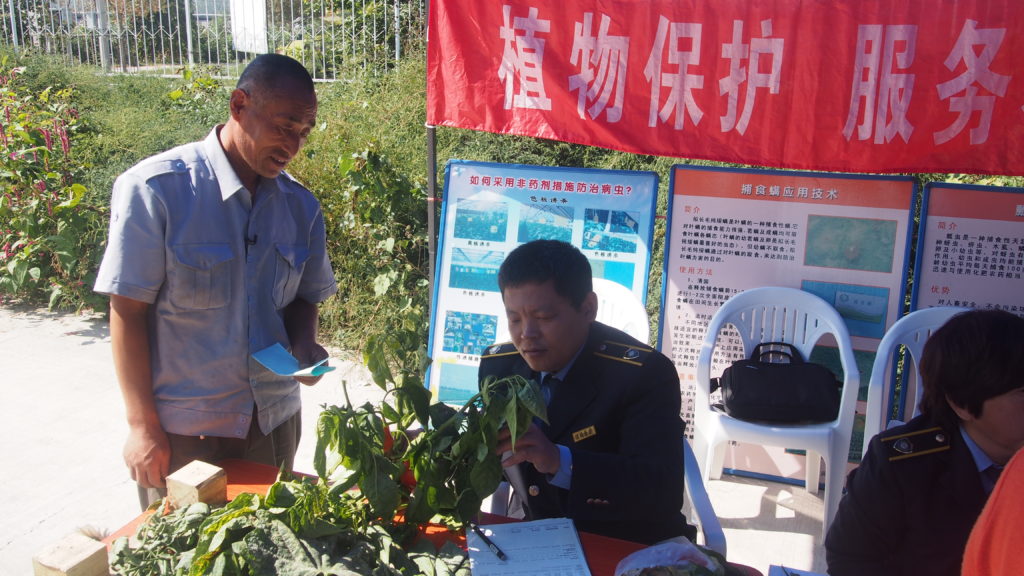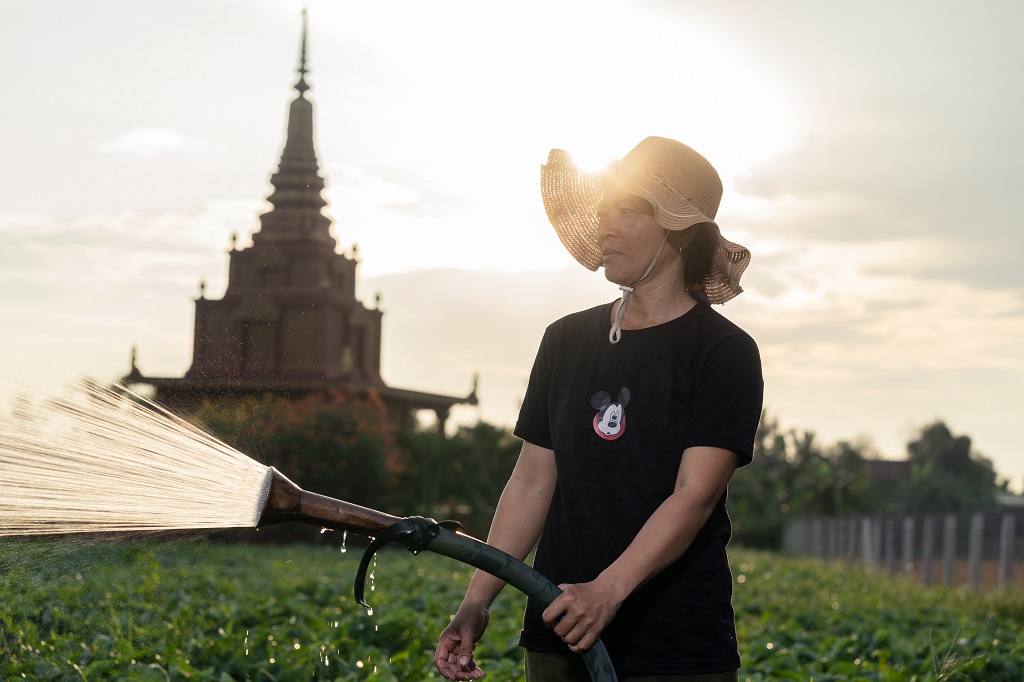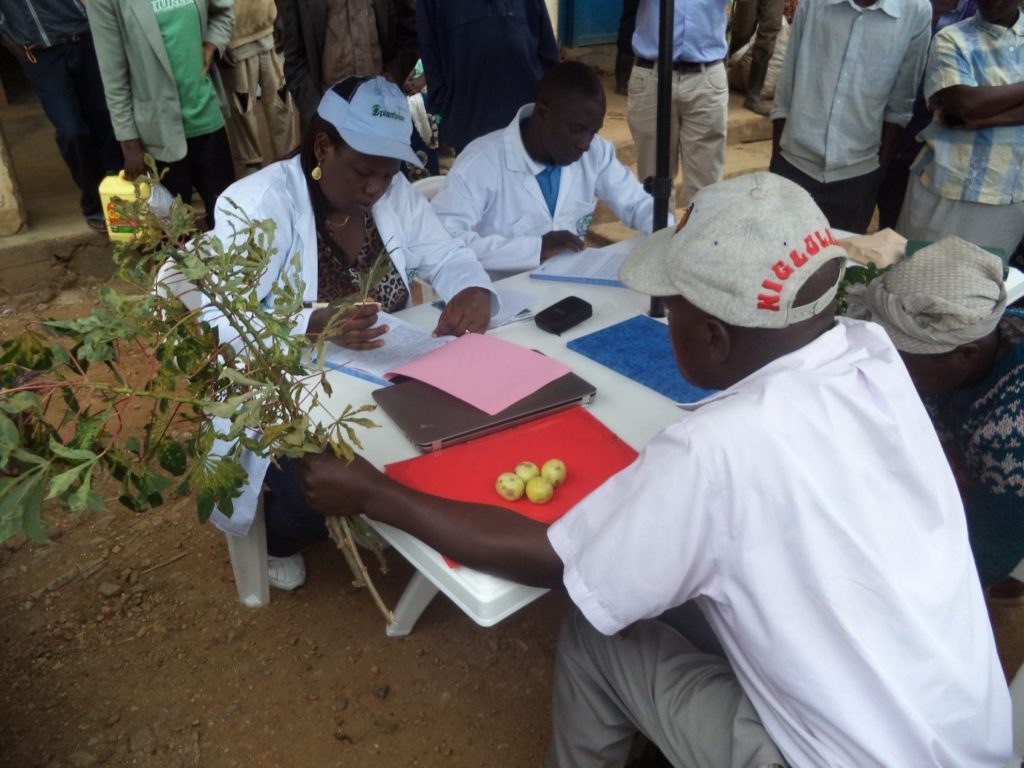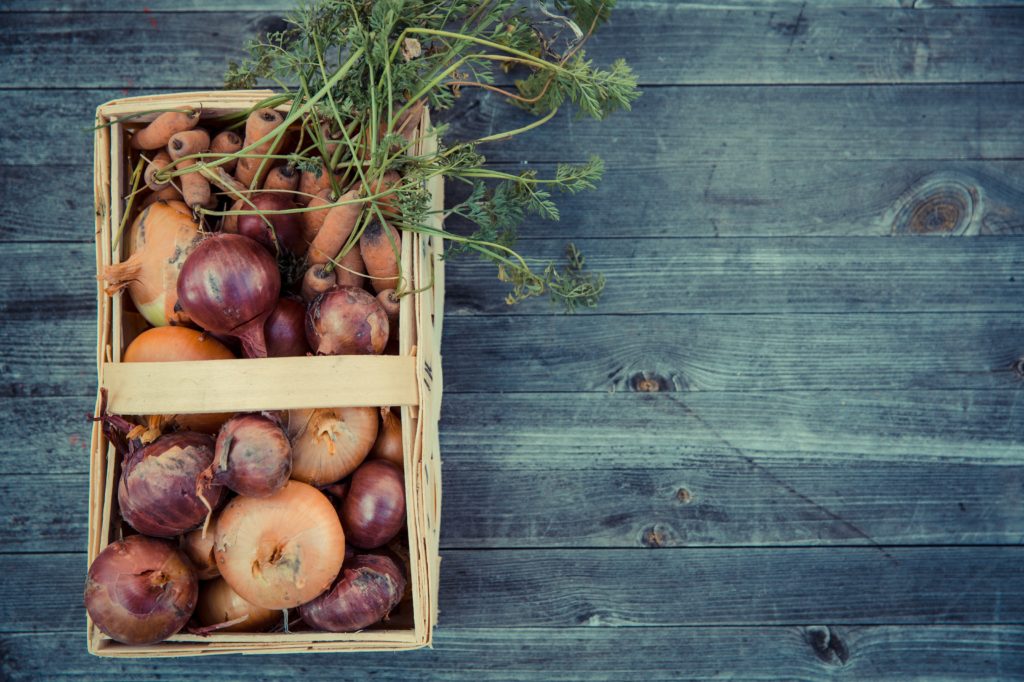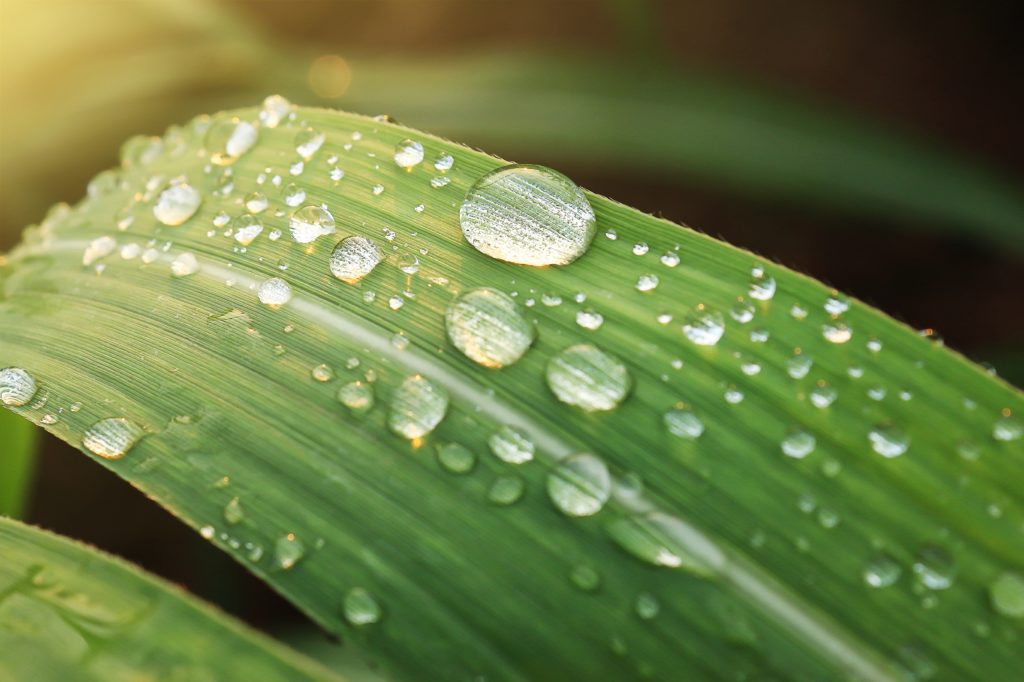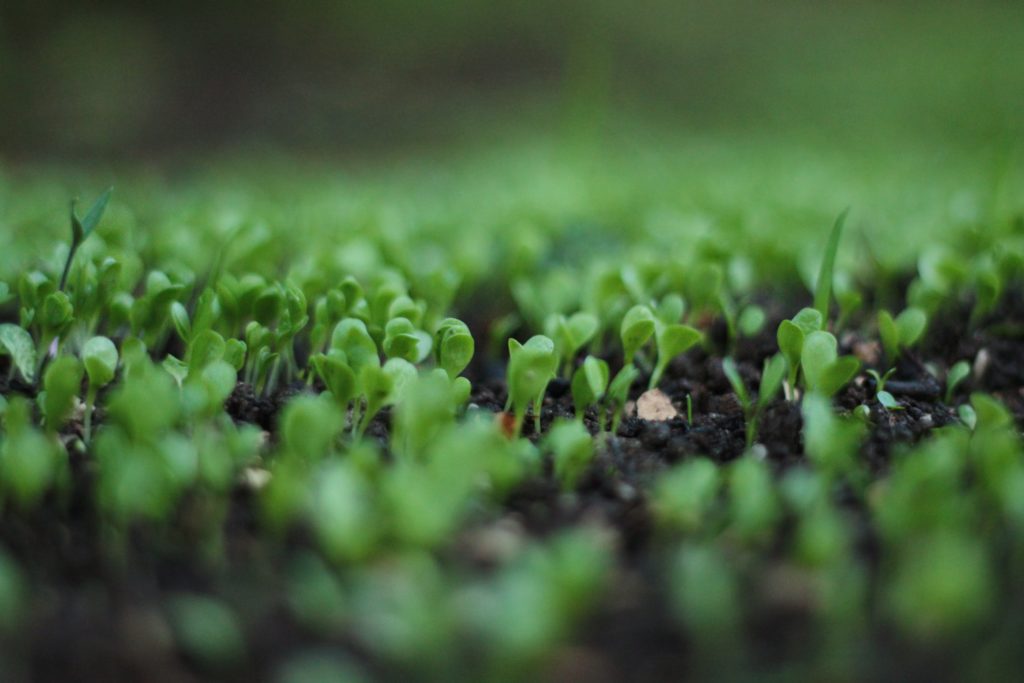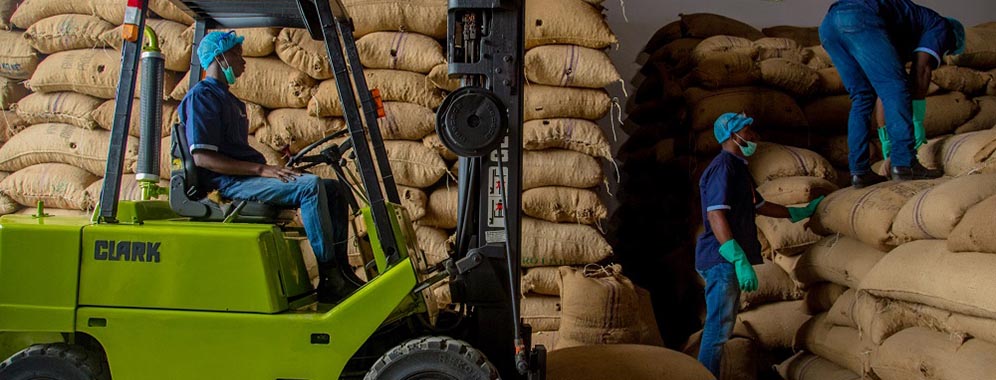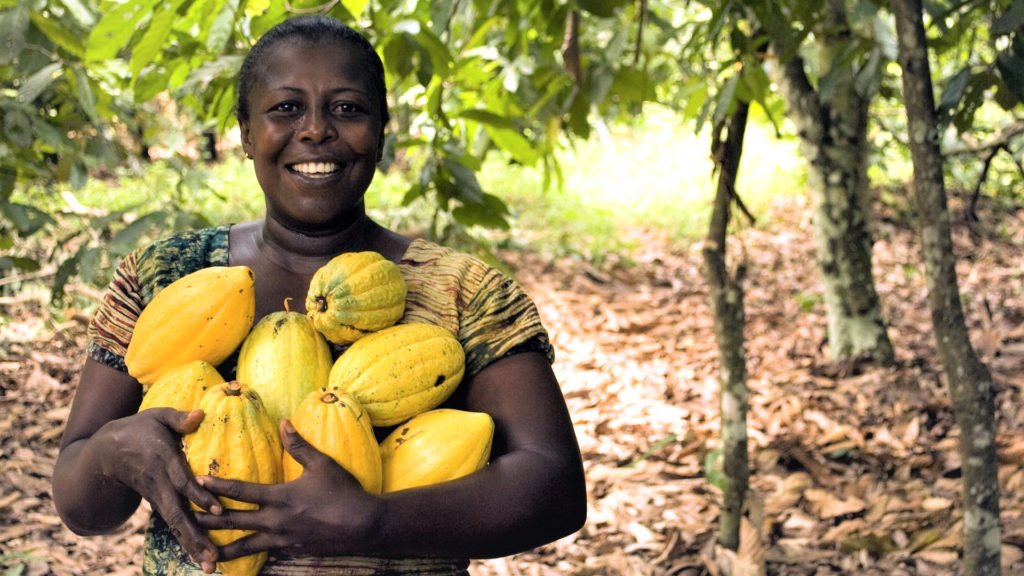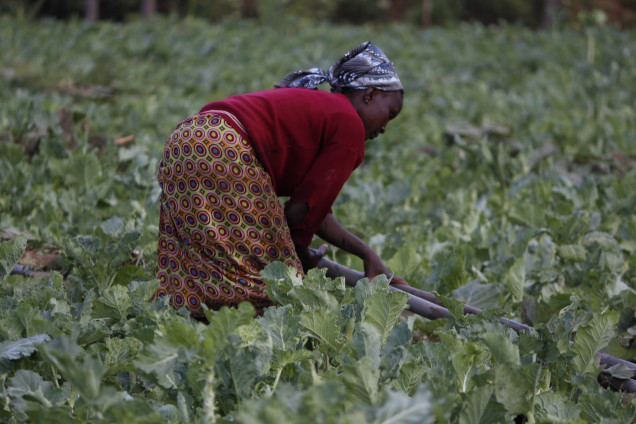Moving to more sustainable pest management with plant doctors in China
Overuse of pesticides for crop protection has been an increasingly common problem in farming, particularly in countries where they are affordable in comparison to other methods of pest control.
Meet Chheng, a farmer from Cambodia using natural methods to control pests
In a new video, Plantwise follows Chheng Sok Khim, a farmer growing vegetables in Kandal province, Cambodia. Ms Khim struggled to control the pests on her farm and turned to chemical pesticides, but this ended up costing her more money and negatively affected her yields and her health.
Reducing post-harvest losses without the use of chemical treatments
From recent FAO studies, it has been found that over half of the world’s fruit and vegetables are lost due to post-harvest storage losses as a result of pests, diseases and incorrect storage conditions. In a climate where food consumption is at its highest, with many regions of the world suffering from a lack of…
Improving water storage capacity in low-quality soils in sub-Saharan Africa
A recent study published by an international team of researchers has demonstrated how the use of novel water storage technology can improve soil conditions and promote crop production in low-quality sandy soil areas.
Soil microbiome linked to disease resistance in crops
A recent study has unearthed the mystery of how plant disease resistance is linked to the soil microbiome. This new area of research will open up new possibilities for a more sustainable food production system and help combat global food security threats.
Nigerian farmers embrace technology to combat food insecurity
In Africa’s most populous country, Nigeria, food insecurity is on the rise; almost 8 per cent of the population was found to be undernourished in 2015, compared with 6 per cent in 2007, according to the World Bank’s development indicators.
Funding boost to help CABI ensure greater global food security
CABI has today received a funding boost from the UK Department for International Development (DFID) which will help it increase its efforts to help ensure global food security by stepping up the fight against crop pests and diseases. DFID has allocated CABI a share of a £61 million package to help equip millions more smallholder farmers around…
Improving resistance of Kenya’s cabbage and kale crops to TuMV disease
A team of international scientists from CABI, the Kenyan Agricultural and Livestock Research Organisation (KALRO), NIAB EMR (UK), University of Warwick (UK) and Syngenta (Netherlands) are seeking to improve the resistance of Kenya’s cabbage and kale crops to Turnip mosaic virus (TuMV). In the distantly-related Chinese cabbage (Brassica rapa), a potentially durable TuMV disease resistance trait was identified by Professor John Walsh at the…

